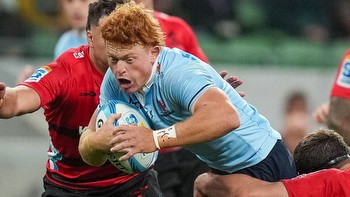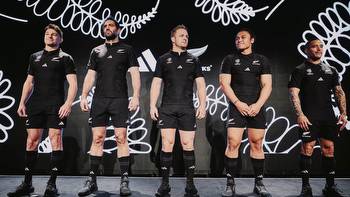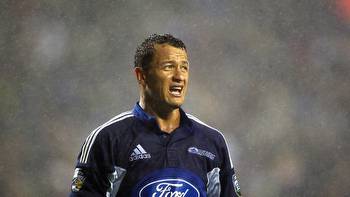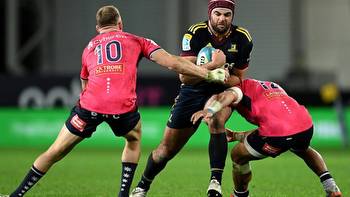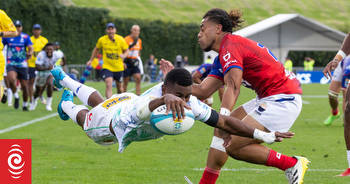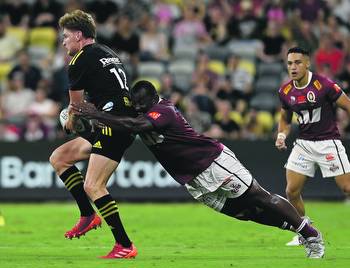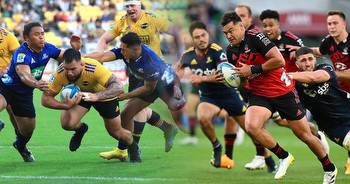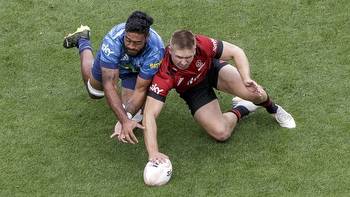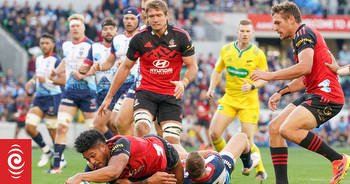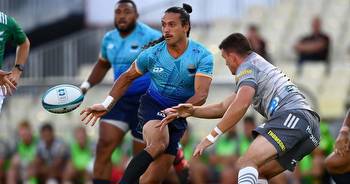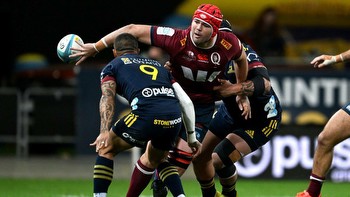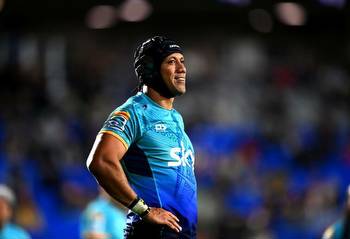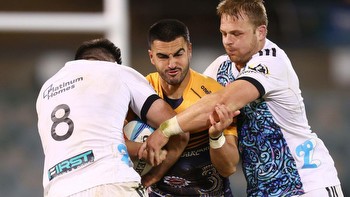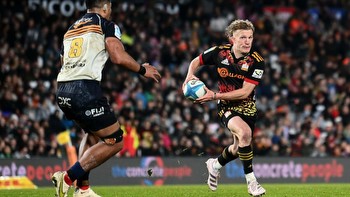Stage set for an epic DHL Super Rugby Pacific season

Whichever way it is looked at, the 2023 DHL Super Rugby Pacific season will represent the end of an era, especially for the Crusaders.
Rugby World Cup years have become the end of cycles in rugby; players look to their futures either by way of immediate retirement, as in the manner of Richie McCaw and Keven Mealamu, or by heading overseas to top up their financial security, as most players do.
For the Crusaders, it will complete seven years at the helm for coach Scott Robertson, while several players involved in the franchise will also leave.
In a pre-season launch on Tuesday, Robertson preferred to reflect on his players rather than his plans and looked at the likes of lock Sam Whitelock as a reason to celebrate 2023.
"Sam has had an incredible career. Let's embrace that, let's enjoy that, let's reflect on it, and let's use that as motivation."
That would be the Crusaders' attempt to cap Whitelock's contribution by sending him and others off with a seventh Super Rugby title.
The Crusaders were the benchmark, a point acknowledged by other franchise coaches.
Leon MacDonald, a former Crusader and coach with them but now of the Blues, said: "You've got to be at your very best to beat them on the big occasion, and they play at their best in the big games.
"That's their strength.
"The Chiefs have had success against them, and we tasted some success last year. We've got to keep growing and working on our game."
Chiefs coach Clayton McMillan said it was about managing a squad so that key players were performing by the playoffs at the end of the season.
"You've got to be growing your game the whole way through," he said.
It was also important to secure finals at home to have the best chance of success.
Highlanders coach Clarke Dermody, while having stood in as a head coach in the past, has the role permanently in 2023 and is looking to have the side play a fast game.
Law variations being implemented for the season, involving speeding the game up at scrum and lineout time and during the taking of goal-kicks, would help that cause.
Yellow cards will be immediately decided, and if there is a foul-play element involved, the TMO will have eight minutes to check if a red card is valid while the player is benched to avoid hold-ups while the footage is assessed. The 20-minute replacement for a red-carded player will continue.
Goal-kickers will have 90 seconds for conversions and 60 seconds for penalty goal attempts. There will be 30 seconds to form lineouts and scrums, while rucked ball must be cleared within five seconds.
"For us, and where we play [the covered Forsyth Barr Stadium], more ball-in-play is what we want. We expect to see tired bodies, and, hopefully, that's going to create a bit more space and a lot more excitement for fans."
Hurricanes coach Jason Holland heads another side that looks to utilise its dangerous backline whenever possible, and his view of the laws was no surprise.
"Speeding things up between ball-in-play times is always a good thing. The halfback staying in the channel at scrum time has opened things up around the scrum and might take away a little of the niggle at the base.
"We're keen to adjust as quick as we can to make the most of them."
Moana Pasifika coach Aaron Mauger expects more consistency from his side in their second season in the competition and feels the laws will benefit them.
"It's got to be positive for the game. It brings big, powerful No8s back into the game off the scrum. That's exciting for us."

